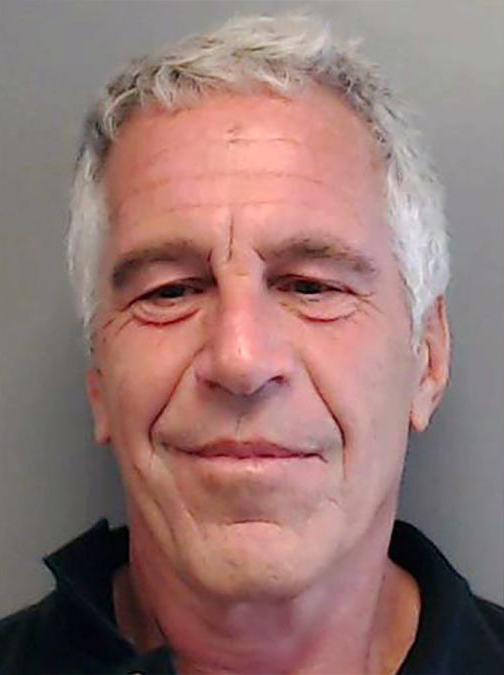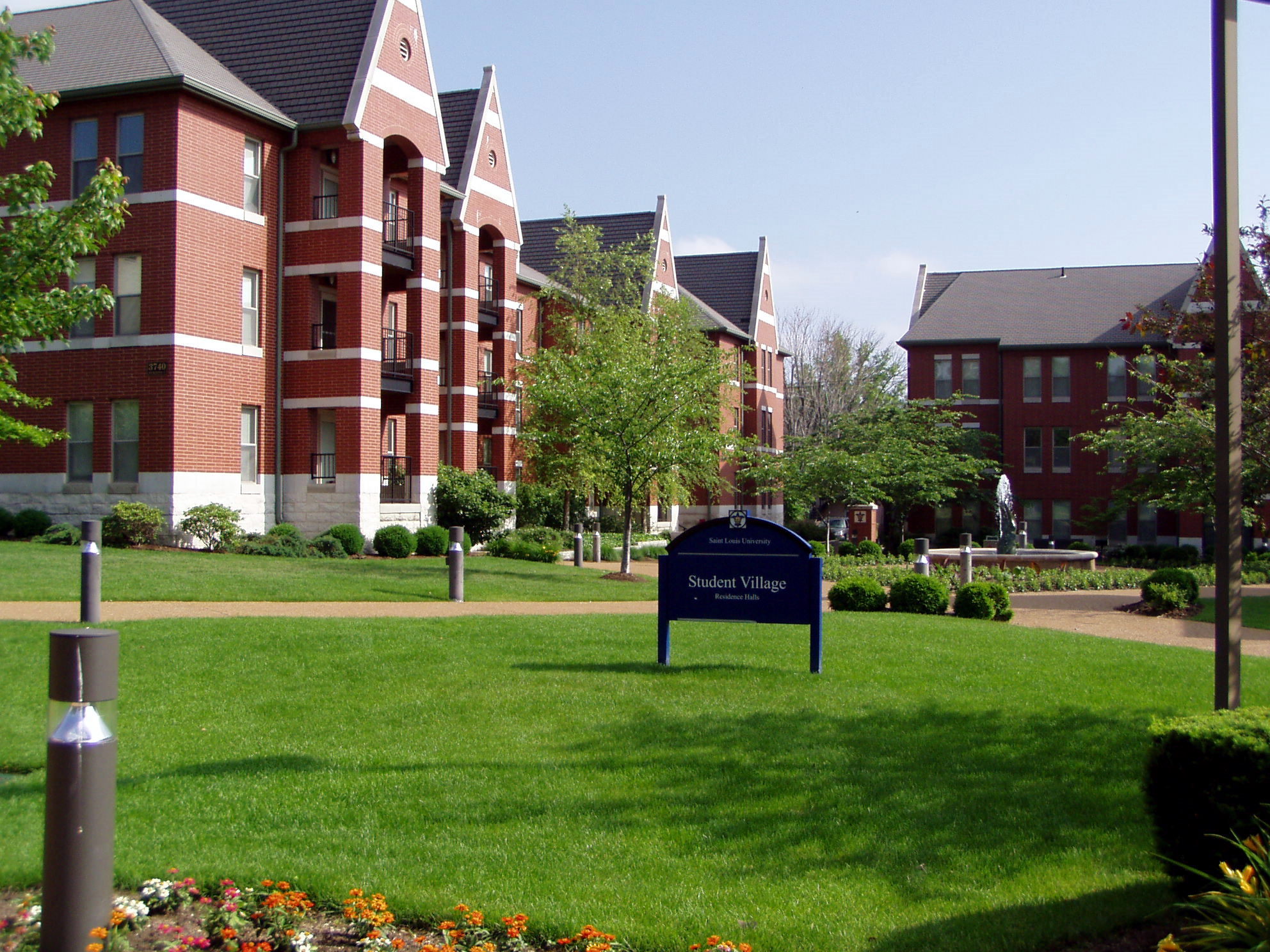Our institutions of higher education should apply appropriate ethical and academic standards when considering financial donations; otherwise, they risk promoting the private interests of the wealthy and powerful at the expense of the public good.
Philanthropy is increasingly becoming a tool wielded by financial elites to increase their own power (e.g., Mayer 2016, Giridharadas 2018, Saunders-Hastings 2018, Leonard 2019). Among other philanthropic outlets, financial donations to colleges and universities provide a means for wealthy individuals to increase their influence in society.
Such donations become a concern when elites use them to launder their reputations and when they violate well-established academic norms. By accepting financial donations from wealthy individuals who have engaged in ethically suspect behavior, colleges and universities allow those individuals to whitewash their reputations and deflect attention from unethical—at times, possibly even criminal—behavior. By entering into agreements that violate well-established academic norms, schools can grant financial donors inappropriate influence over academic research, thereby compromising the independence and integrity of research.
In both cases, our institutions of higher education risk promoting the private interests of the wealthy and powerful at the expense of the public good.
Ethical Standards
Colleges and universities should apply appropriate ethical standards when considering financial donations; otherwise, wealthy individuals can use donations as a “halo” to make them appear generous, which provides cover for their unethical behavior. Prominent recent examples involve the Sackler family and the late Jeffrey Epstein.
Members of the Sackler family, founders and owners of Purdue Pharma, are being sued for personally profiting from the harm and death caused by the company’s highly addictive opioid, OxyContin. Nevertheless—and despite saying that he was “deeply moved” by the dozens of letters he received from mothers whose children died due to opioid overdose—Harvard’s president, Lawrence Bacow, announced that the university would neither remove the Sackler name from campus buildings nor return the Sackler family gift. Although Tufts University announced that it would remove the Sackler name from campus buildings, it also said that it would not return the family’s financial gift.
MIT’s president, Rafael Reif, approved a donation from—and even sent a thank you note to—convicted sex offender Jeffrey Epstein in 2012, four years after Epstein was convicted of soliciting prostitution from a minor. Furthermore, the MIT Media Lab accepted and concealed donations from Epstein, even after it was aware that he was a convicted sex offender. The Media Lab also accepted financial donations from MiSK, the foundation of Saudi crown prince Mohammed Bin Salman, who—according to credible evidence—is liable for the killing of Washington Post journalist Jamal Khashoggi.
Corporations also use donations to colleges and universities to improve their image when accused of ethically suspect behavior. For example, ExxonMobil has made a spate of recent donations to universities to support research on clean-energy production. However, there is an ethical risk in accepting money from a company that profited handsomely from activities that substantively contributed to greenhouse-gas emissions, especially in light of evidence that ExxonMobil spent decades misleading the public about the dangers of climate change.
By accepting financial donations from individuals and companies that have engaged in unethical behavior, our institutions of higher education implicitly condone such behavior, thereby sending a message that it is acceptable to compromise one’s ethical standards for money. This is an unfortunate message to convey to students and the broader public. Accepting money from wealthy individuals with ethical breaches helps to rehabilitate the reputations of those individuals; however, it does a disservice to society by effectively turning a blind eye to unprincipled behavior.

Academic Norms
Well-established academic norms are designed to protect the independence and integrity of academic research. Violations of academic norms grant financial donors inappropriate influence over research, including input in hiring decisions, approval for the funding of individual research projects, and a say in academic curricula. Such influence allows donors to garner legitimacy for their preferred ideas and financial interests under the auspices of independent academic research, thereby turning a “generous” financial donation into an instrument for powerful donors to amass even more power. Especially when a donor’s goals do not align with the needs and concerns of the broader public, this distortion of academic research can cause serious social harm.
A leading example of a distortion of well-established academic norms involves the Mercatus Center at George Mason University. Affiliation agreements between Mercatus and the university demonstrate that a range of donors, including multi-billionaire Charles Koch via the Charles Koch Foundation (CKF), were granted the right to participate in the selection of faculty hired within the university’s economics department. The donations were contingent upon hiring professors who were willing to pursue teaching and research objectives that effectively aligned with Charles Koch’s ideological and business interests. Donors were also allowed to participate in faculty evaluation and withhold payment of committed installments should a faculty member’s activities not uphold the donor’s intent.
The CKF has also been involved in violations of academic norms in financial donations to numerous other schools. For example, in an agreement with the economics department at Florida State University, the CKF was granted control over hiring decisions and the development of academic curricula. At Utah State University, a board of Koch-affiliated officials was given control over the hiring of the executive director of its Center for Growth and Opportunity; by extension, Koch-affiliated officials were granted veto power over the hiring of new faculty who would teach economics classes at the Huntsman School of Business and produce research for the center.
In other cases, donor agreements gave the CKF input in hiring decisions and/or made the receipt of funds contingent upon teaching and research content aligning with the donor’s interests, as demonstrated by the Institute for the Study of Capitalism at Clemson University, Brandmeyer Center for Applied Economics at the University of Kansas, Center for the Study of Free Enterprise at Western Carolina University, and Smith Institute for Political Economy and Philosophy at Chapman University.
Violations of academic norms in financial donations go well beyond Charles Koch and his foundation. For example, in exchange for a financial donation from billionaire Rex Sinquefield, Saint Louis University hired his hand-picked ally—who is a board member of Sinquefield’s think tank, the Show-Me Institute—to direct the Sinquefield Center for Applied Economic Research at the university; more generally, the agreement granted the donor final approval for the disbursement of all funds from the “gift,” including funds used to finance individual research projects and hire faculty at the Saint Louis University Research Institute.
Corporations can also influence academic research by providing funding and access to proprietary data. Because researchers value funding and access to data, they have an incentive to “treat their sources nicely.” Even though a paper may follow the same formal procedures as traditional academic research and appear in a prominent journal, due to lack of access to the underlying data, the findings cannot be further scrutinized to determine their validity and robustness.
This naturally raises concerns about the independence and reliability of academic studies funded by companies and based on proprietary data. A conspicuous recent example involves a series of papers co-authored by Uber employees and academic economists, whose findings conveniently support Uber’s public-relations claims.

Policies
It is not enough to simply trust the good intentions of academic researchers and financial donors. Our institutions of higher education need to adhere to norms that promote ethical behavior and protect the independence and integrity of academic research. Furthermore, robust policies need to be in place to support such norms. While formal policies cannot cover all contingencies and are open to interpretation, they should be made as strong as possible to uphold ethical values and protect academic research from undue donor influence. Unfortunately, colleges and universities often have relatively weak gift-acceptance policies in place along these dimensions.
Organizing led by UnKoch My Campus has helped to promote conversations about improving policies designed to protect colleges and universities from financial donations that advance narrow private interests. UnKoch My Campus began as an informal network of college students and alumni from Florida State University, George Mason University, the University of Kansas, and Suffolk University. By asking questions and conducting investigative research into their own universities’ connections to the CKF, students learned that Charles Koch regards universities as the most important and underutilized resource of the business community; for example, Koch writes,
“As I perceive the situation in which the pro-capitalist businessman finds himself today, there are basically four ways in which he can fight for free enterprise—through education, through the media, by legal challenges, and by political action…I do maintain, however, that the educational route is both the most vital and the most neglected…The educational method enables the businessman to work effectively without exposing himself to the same public criticism that the other methods, particularly politics, seem to evoke…The important strategic consideration to keep in mind is that any program adopted should be highly leveraged so that we reach those whose influence on others produces a multiplier effect. That is why educational programs are superior to political action…” (Anti-Capitalism and Business, pp. 6–7, 8, 10)
In pursuit of the “multiplier effect,” Richard Fink, founding president of the CKF, describes a three-part “integrated strategy” for businesses to leverage philanthropy and influence public policy: (1) donors fund colleges and universities to create “intellectual raw materials”; (2) think tanks transform the raw materials into “a more practical or usable form”; (3) activist groups take the transformed materials and “press for the implementation of policy change.”
Understanding that colleges and universities—many of which are public—were being used by companies to advance their private interests, UnKoch My Campus launched a campaign to equip students and faculty with resources to protect their schools from inappropriate donor influence. Faculty and students on over 200 campuses across the nation have utilized UnKoch’s recommendations in an effort to improve gift-acceptance policies at their institutions. These recommendations include
- placing the ultimate decision-making authority for accepting or rejecting any gift that does not go to the general fund in the hands of a review committee led by faculty;
- rejecting any restricted gift that includes terms/conditions that violate well-established academic norms, threatens the mission of the college or university as an institution for the common good, or otherwise poses a conflict of interest;
- requiring a faculty body, such as a faculty senate, to approve all programs and research centers/institutes that would not otherwise exist in the absence of outside donor funding;
- requiring that all research centers, institutes, or other affiliated entities be held to the same standards of academic freedom and peer review as other university programs.
In addition, Zingales (2013) suggests policies for preventing the distortion of academic research funded by companies and based on proprietary data. These include the full disclosure of agreements regarding the conditions under which access to proprietary data was granted, the number of related studies that were conducted using the data but were not published (to prevent cherry-picking results favorable to the company), and the development of publicly available datasets to reduce reliance on proprietary data.
Legacy Issues
In addition to policies that guard against accepting tainted donations, colleges and universities need to take actions to address extant donor agreements that compromise ethical standards and/or violate academic norms.
To this end, we encourage colleges and universities to return donations from individuals and/or organizations that have engaged in socially damaging behavior. For instance, we believe that the appropriate policy is for Harvard University to immediately return money received from the Sackler family.
Because violations of well-established academic norms often occur via the establishment of centers and institutes, we also recommend that faculty committees at colleges and universities be established to review all existing donor agreements relating to centers and institutes. When a center or institute is identified that was established and/or continues to be supported by a donation that violates academic norms, faculty and administrators should formulate plans to remove the center or institute from the school; as applicable, funds can be returned to donors. It is worth noting that a center has already been removed from a campus due to concerns regarding donor influence: in 2015, Suffolk University severed ties with the Beacon Hill Institute, which had received over $800,000 from the CKF since 2008.
In general, we call on colleges and universities to pursue policies to help ensure that philanthropic donations are not used by the powerful and people or entities engaged in unethical behavior to serve their own narrow interests and further increase their influence in society. Effective gift-acceptance policies reinforce norms that, in support of the common good, encourage ethical behavior and protect the independence and integrity of academic research.
Samantha Parsons
Director of Campaigns, UnKoch My Campus
Visiting Professor of Finance, Washington University in St. Louis
Professor of Economics, Saint Louis University
Jasmine Banks
Executive Director, UnKoch My Campus
References
Bard Brutzman, A. (2011). “Gift to Clemson Comes with Strings.” Independent Mail, May 14, 2011.
Chaidez, A. and A. Ryan (2019). “Bacow Says Removing Sackler Name from Harvard Buildings Would Be ‘Inappropriate.’ ” The Harvard Crimson, May 6, 2019.
Diep, F. (2019). “Universities Are Facing Criticism for Taking Dirty Money. Do Their Policies Protect Them?” Chronicle of Higher Education, October 30, 2019.
Farrow, R. (2019). “How An Elite University Research Center Concealed Its Relationship with Jeffrey Epstein.” The New Yorker, September 6, 2019.
Feltri, S. (2020). “The Epstein Report: How a Convicted Criminal Could Use MIT to Whitewash His Reputation.” ProMarket blog post, January 16, 2020.
Flaherty, C. (2015). “Suffolk U Breaks Ties with On-Campus Conservative Think Tank.” Inside Higher Ed, December 3, 2015.
Garrison, J. (2019). “Tufts University Removes Sackler Name Over Family’s Role in Opioid Epidemic.” USA Today, December 6, 2019.
Giridharadas, A. (2018). Winners Take All: The Elite Charade of Changing the World. New York: Alfred A. Knopf.
Green, E. and S. Saul (2018). “What Charles Koch and Other Donors to George Mason University Got for Their Money.” New York Times, May 5, 2018.
Harder, A. (2019). “Facing Climate Change, ExxonMobil Ramps Up Energy Research.” Axios, October 14, 2019.
Helmore, E. (2019). “President of MIT Admits Approving Jeffrey Epstein Donation.” The Guardian, September 12, 2019.
Hopkins, N. and S. Kirchgaessner (2019). “ ‘Credible Evidence’ Saudi Crown Prince Liable for Khashoggi Killing—UN Report.” The Guardian, June 19, 2019.
Horan, H. (2019). “Uber’s ‘Academic Research’ Program: How to Use Famous Economists to Spread Corporate Narratives.” ProMarket blog post, December 15, 2019.
Jordan, K. (2015). “Suffolk University to Sever Ties with Koch-Funded Beacon Hill Institute.” UnKoch My Campus News Release.
Koch, C. (1974). Anti-Capitalism and Business. Institute for Humane Studies.
Kotch, A. (2017). “Investigation Reveals the Extent the Koch Empire Is Willing to Go to Take Over a University.” AlterNet, January 30, 2017.
Leonard, C. (2019). Kochland: The Secret History of Koch Industries and Corporate Power in America. New York: Simon & Schuster.
Levinthal, D. (2018). “Koch Foundation Proposal to College: Teach Our Curriculum, Get Millions.” Public Integrity, May 7, 2018.
Mayer, J. (2016). Dark Money: The Hidden History of the Billionaires Behind the Rise of the Radical Right. New York: Penguin Random House.
Parsons, S. and R. Beam (2018). “Insidious Gift.” Report by UnKoch My Campus and the Center for Biological Diversity.
Peterson, G. and Y. Katz (2018). “Elite Universities Are Selling Themselves—And Look Who’s Buying.” The Guardian, March 30, 2018.
Rapach, D. and B. Wilson (2018). “Pursuers of Truth or Peddlers of Influence?” ProMarket blog post, September 21, 2018.
Rust, S. (2019). “Report Details How ExxonMobil and Fossil Fuel Firms Sowed Seeds of Doubt on Climate Change.” Los Angeles Times, October 21, 2019.
Saunders-Hastings, E. (2018). “Plutocratic Philanthropy.” Journal of Politics 80(1), 149–161.
Scutari, M. (2019). “Too Much Power? A Closer Look at a Controversy Around Donor Influence on Campus.” Inside Philanthropy, February 21, 2019.
UnKoch My Campus (2018a). “Donor Influence at George Mason Finally Exposed.” Report by UnKoch My Campus.
UnKoch My Campus (2018b). “Donor Intent of the Koch Network: Leveraging Universities for Self-Interested Policy Change.” Report by UnKoch My Campus.
UnKoch My Campus (2019). “Institutional Conflicts of Interest in Academia: Model Policies to Protect Against Donor Influence.” Resource from UnKoch My Campus.
Zingales, L. (2013). “Preventing Economists’ Capture.” In Preventing Regulatory Capture. Cambridge, UK: Cambridge University Press.
ProMarket is dedicated to discussing how competition tends to be subverted by special interests. The posts represent the opinions of their writers, not necessarily those of the University of Chicago, the Booth School of Business, or its faculty. For more information, please visit ProMarket Blog Policy.






